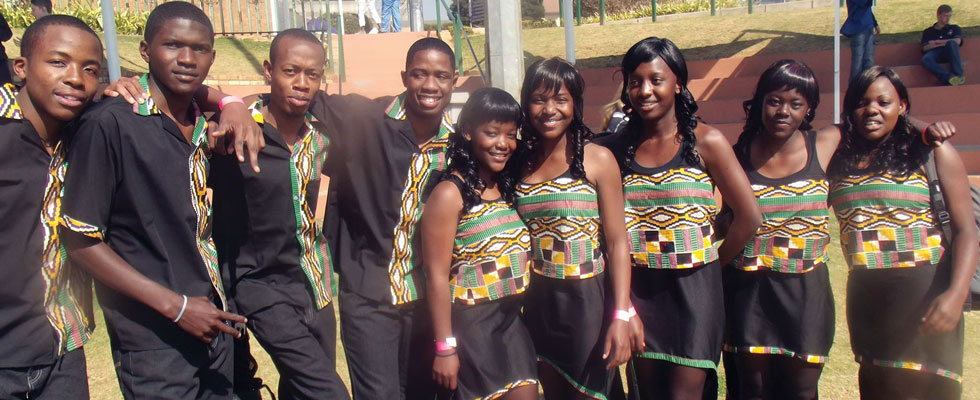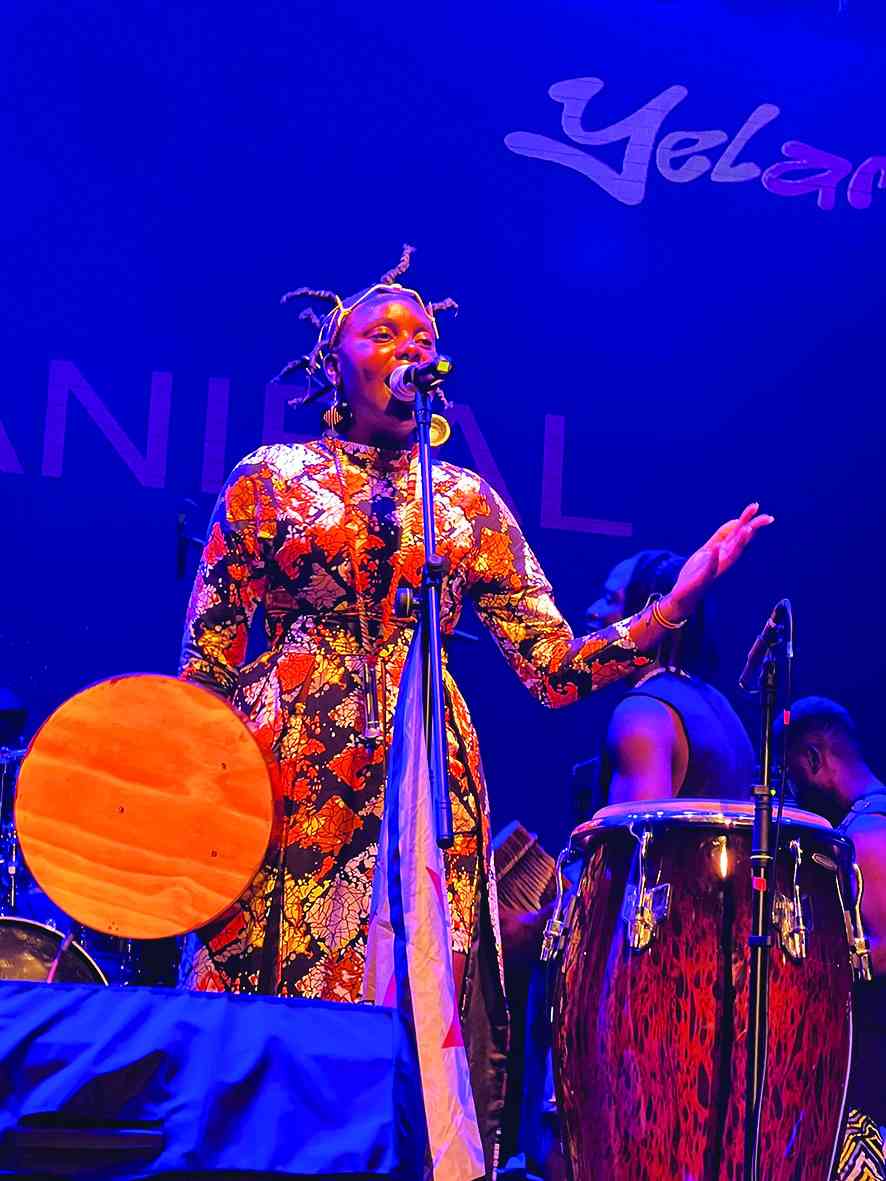
AS the arts industry begins the New Year after 2013 which had its own successes and challenges, the National Arts Council of Zimbabwe (NACZ) said growth of the sector was the most fundamental aspect of development that has seen the fraternity thriving despite various challenges.
By Tinashe Sibanda Entertainment Reporter
The sector celebrated the introduction of the new Ministry of Sport, Arts and Culture whose key priority areas include strengthening of sport, arts and culture associations with a view to create employment and to eradicate poverty and promote the development of sport.
The association also seeks to create a positive and national cultural identity, values of unhu/ubuntu patriotism and Pan-Africanism.
“It is such growth that has led to infrastructural development, empowerment and employment creation hence the alleviation of poverty and the arts being a business, has proved to be contributing to nation building and identity,” NACZ communications officer Catherine Mthombeni said.
As various arts promotional and developmental programmes were held and festivals were packed throughout the year in provinces, Mthombeni said these were part and parcel of Zimbabwean culture that brought together people from diverse cultures to celebrate their values, norms and traditions.
Notable festivals held included the Harare Festival of the Arts, Intwasa Arts Festival, Rainbow Festival, Dzimbabwe Arts Festival, Jikinya Dance Festival, Neshamwari Dance Festival, Shangano Arts Festival, International Images Film Festival, Zimbabwe International Film Festival, Jerusarema Mbende Dance Festival, Culture Week and the Chimanimani Arts Festival, among others.
“Apart from festivals, those individuals or groups that excelled in their arts disciplines were awarded accolades as NACZ honoured arts stakeholders through the National Arts Merit Awards an event that was held in Bulawayo at the Large City Hall,” Mthombeni said.
- Chamisa under fire over US$120K donation
- Mavhunga puts DeMbare into Chibuku quarterfinals
- Pension funds bet on Cabora Bassa oilfields
- Councils defy govt fire tender directive
Keep Reading
She added that there were also Hip-hop awards and many other such discipline-based awards held in recognition of excelling artists.
Mthombeni said many artists adopted the strategy of launching their works where many musicians, writers, theatre, film and dance producers, and visual artists organised launches for their productions with some of these productions being hits and earning them different advertising roles from corporates.
She added that music album launches were a positive move that was adopted by promoters as a means of marketing both musicians and their products. She hailed the media for the generous publicity about these groups.
In the literary world, various books were published with topics ranging from social, economic, spiritual and political issues.
Mthombeni said many thearetrical and film productions were also generated, screened and staged at various locations.
Dance lovers were exposed to various dance groups that performed at weddings, festivals, galas and graduation ceremonies.
“While some artists were singing, dancing, acting and writing, others were carving wood and stone as well as making paintings that were displayed at various galleries, “Mthombeni said.
She said last year artists scaled up the use of social media as a platform to market and even sell their productions and most artists now had Facebook accounts where they showcase and advertise their products.
This she said, had improved their brand which will be further strengthened this year.
Towards the end of 2013, artists agreed to form an apex body — Zimbabwe Chamber of Creative Industries (ZCCI).
The ZCCI was formed during the National Arts and Culture indaba held on October 30-31 at Margolis Resort on the outskirts of Harare.
One of the major ZCCI expected deliverable will be to lobby for better prioritisation of the culture sector by government and the private sector so as to improve access to financial resources to enable the sector to realise its full potential.
However, despite the successes, Mthombeni said piracy remained the major stumbling block to the growth and development of this industry.
She said it was very disturbing that the creators of various arts products were the ones who suffered most from the unlawful commercialisation of their intellectual properties.
Apart from piracy, Mthombeni said, there was a high turnover of groups especially in dance and music genres stalling growth and success amid claims of nonpayment of salaries or low income.
“Another challenge facing the sector in 2013 was funding, a major input of any arts project that has remained elusive and the major sources of funding were, and is still The Culture Fund of Zimbabwe Trust and a few donor agencies,” Mthombeni said.
She said the lack of adequate and appropriate venues where artists do rehearsals and various arts programmes were a major challenge in 2013. Mthombeni said some venues that were not meant for arts, like the Aquatic Complex in Chitungwiza, had been converted to arts venues resulting in high cost of showcasing events.
On a sad note, Mthombeni noted the passing on of talented artists such as veteran film director and producer, Godwin Mawuru and talented mbira musician, Chiwoniso Maraire and a few more.
“With all the successes and challenges faced last year, NACZ thanks all arts stakeholders who worked so hard to make the sector realise such growth, particularly the government for creating the enabling environment that has seen the arts grow,” she said.
She added that the council was grateful to arts promoters, associations, artists, the investors, festival directors and the public including parents and children for prioritising the arts in 2013.
She hopes that 2014 will take the arts industry to higher levels of growth, contribute to empowerment of grass root communities and also create employment as a means of eradicating poverty.











